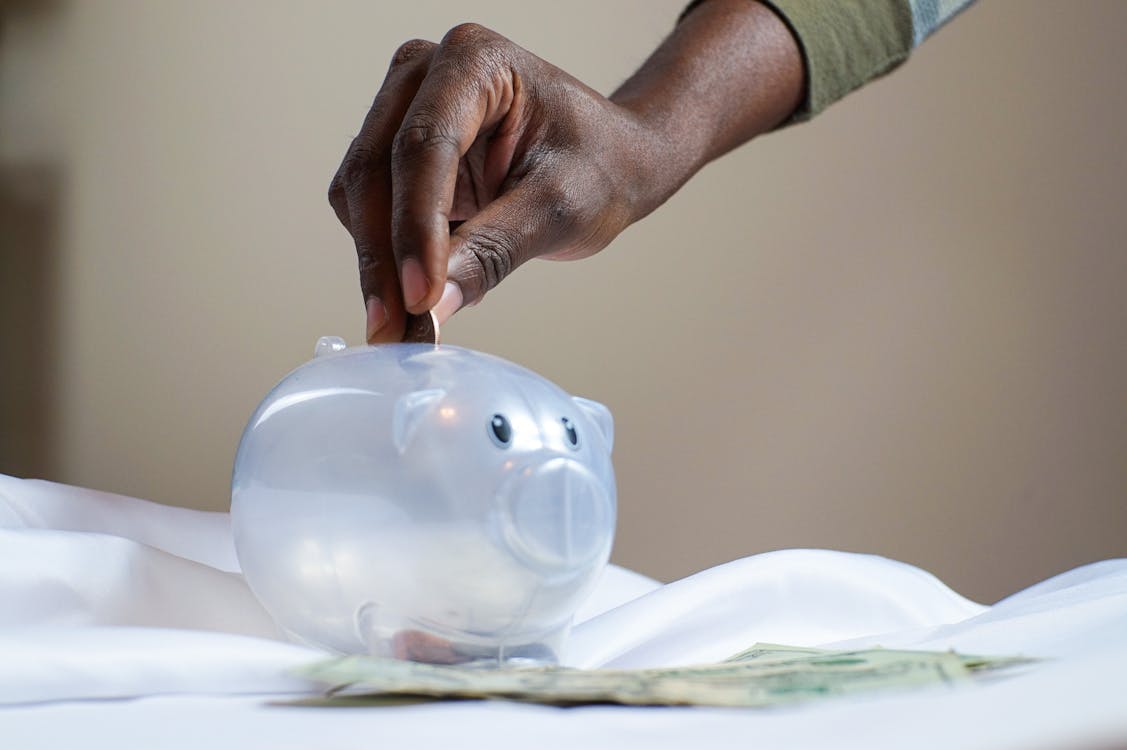|
Is Your Financial Health Affecting Your Overall Health? How to increase your health through better financial choices
Whether we like it or not, money plays an important part in our lives. Being in debt and not having enough money to make it through the month brings constant stress – not to mention the frustration of not being able to have the finer things you want. You know that your financial health affects how you live your life, but does it affect your overall health as well? Your Bank Account and Your Health Of course your finances affect your health, because having finances that are in disarray can be stressful, and stress can lead to a variety of health issues. It isn’t just worrying about massive debt that can cause these problems, though – even steps to help you find relief, such as refinancing your debt, or a happy event like buying your first new house can end up being very stressful. Money problems can make you lose sleep, increase your blood pressure, give you headaches, and cause you to have muscles that are constantly tensed up. Over time you may develop digestive issues and even heart problems. Finding a solution for your money problems may not be quick or easy, but you can make sure to take care of your overall health while you look for answers. Find healthy ways to deal with the stress. Many people may fall into bad habits, such as eating too much, smoking, or drinking too much. These habits only make things worse and can make it more difficult to achieve your financial goals. How To Improve Your Financial Health The good news is that, unlike a genetic condition that affects your health, you can do something about your financial health.
Dealing with a financial mess can be very stressful – but figuring a way out of it can be an empowering learning experience. Take charge of your finances and your health! Add This Entry To Your CureZone Favorites! Print this pageEmail this page |
CureZone Newsletter is distributed in partnership with https://www.netatlantic.com
Contact Us - Advertise - Stats
0.082 sec, (2)
